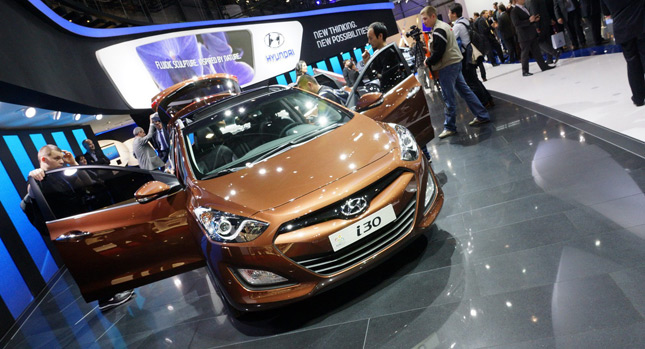During July and August, the labor union at Hyundai’s South Korean plants staged a series of partial strikes over pay issues and working conditions.
It was the first strike in four years and a major setback as it cost the Korean carmaker $1.4 billion in production losses. This makes it the second-costliest strike in the company’s history.
Today, however, Hyundai announced that it has reached a tentative wage deal with the labor union leaders and thus, end the strike and resume normal production.
According to Reuters the deal, which has been the subject of negotiations between the two parties since May, includes a 5.4 percent rise in basic salaries, a five-months’ salary bonus plus US$8,500 (9.6 million Korean won) for each worker.
Hyundai has also agreed to change its working hours schedule, replacing the current two 10-hour shifts with two shifts of eight and nine hours and stopping overnight shifts from March 2013.
However, the deal has not been sealed yet as it has to be ratified by the union members on Monday, September 3.
“We did our best and reached a better wage deal than last year”, said Hyundai spokesperson Kwon Oh-il, who added, “It remains to be seen whether the deal will be approved by union members given their different interests”.
Hyundai said that it would invest an additional 300 billion won (US$264 million) in its facilities to make up for the losses in vehicle production that, until yesterday, amounted to 76,723 units.
In June 2011, General Motors had faced a similar situation in its South Korean division, though it lasted only a week and resulted in minimal production loss.
Analysts’ prediction at the time was that, the deal GM made with its workers, which included a 4.7 percent hike in basic salaries and a US$6,140 bonus for each worker, would put pressure to domestic carmakers to act accordingly. As proven by these latest events, they were right on the spot.
By Andrew Tsaousis
PHOTO GALLERY




